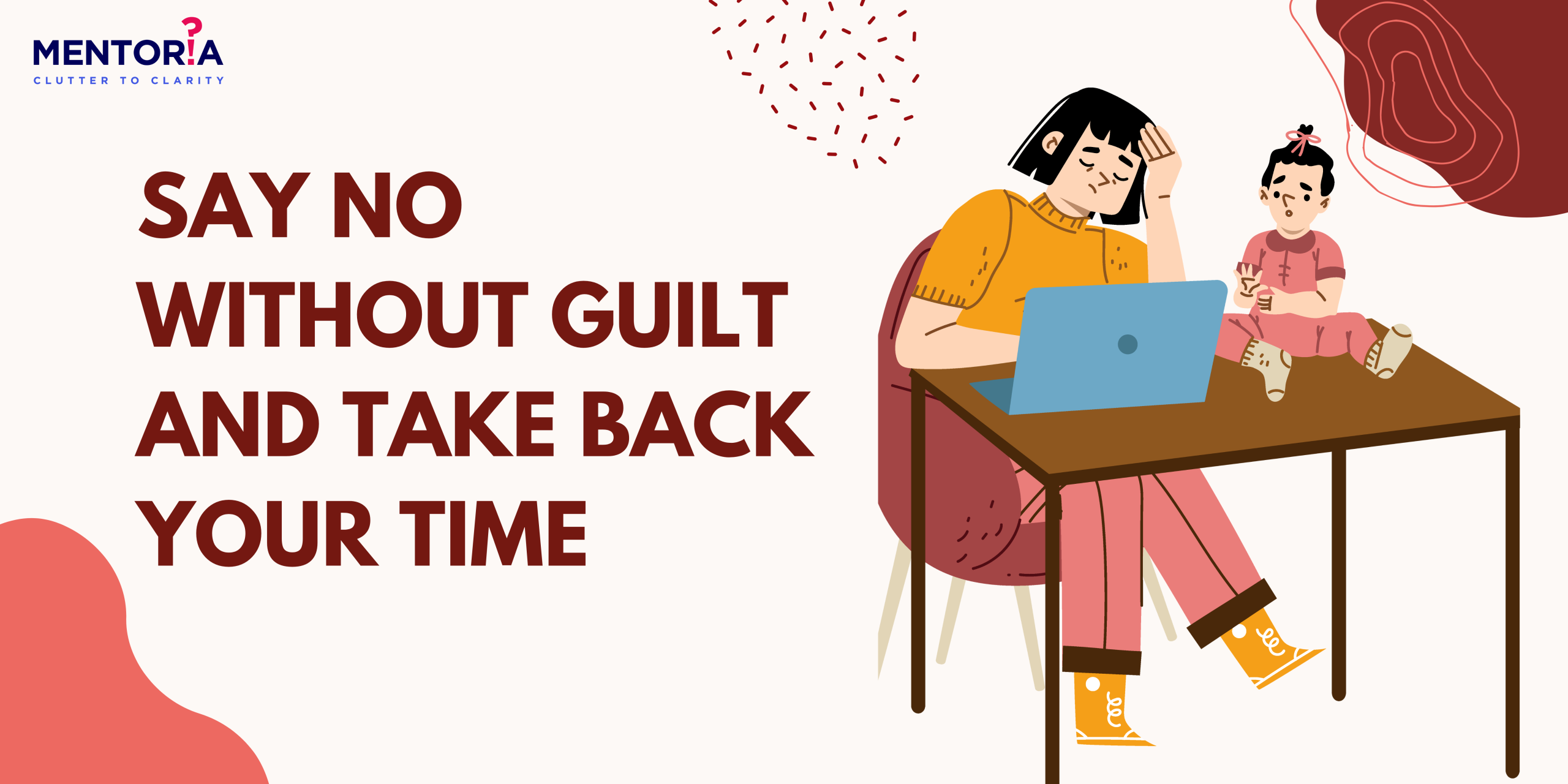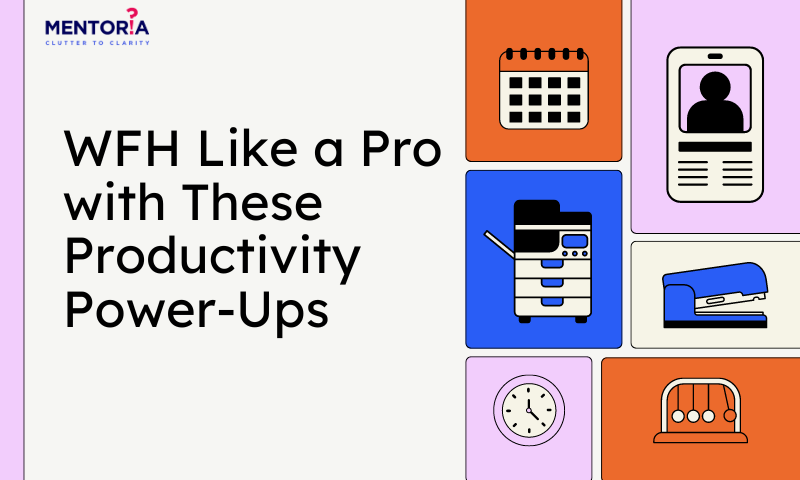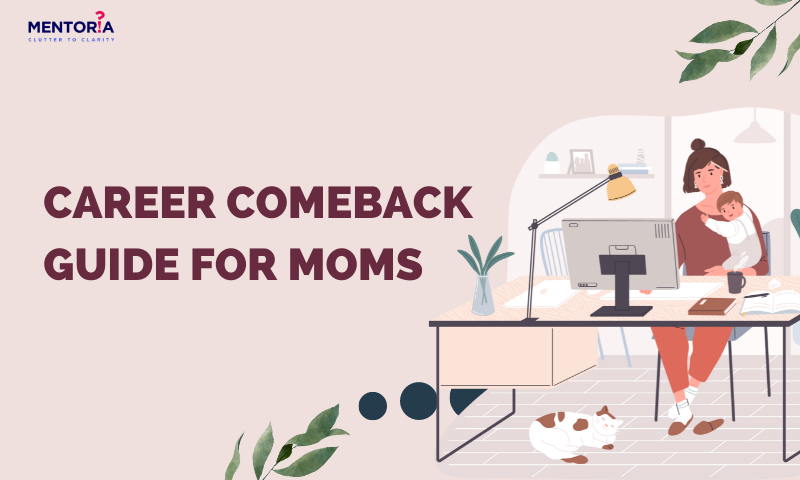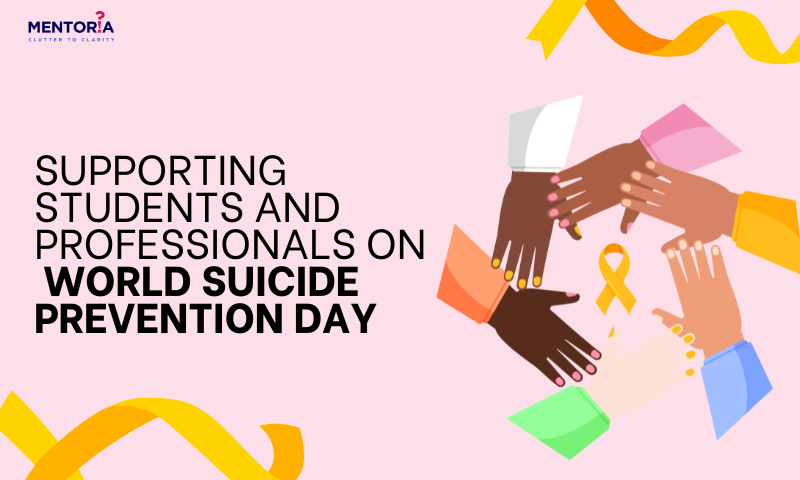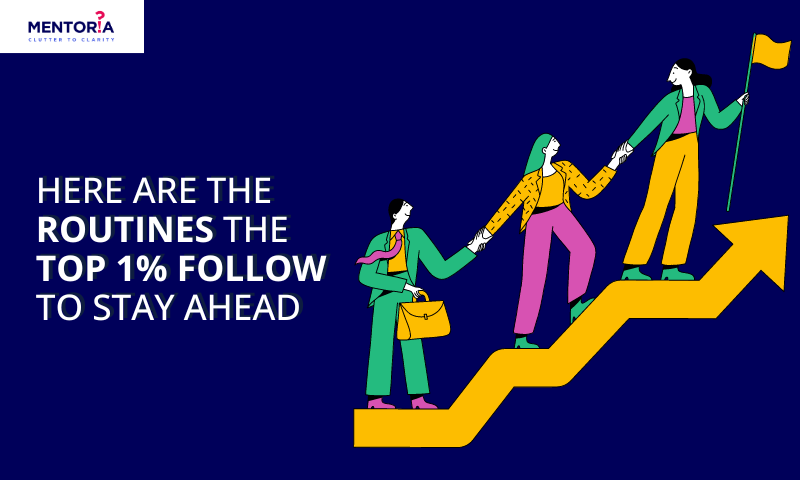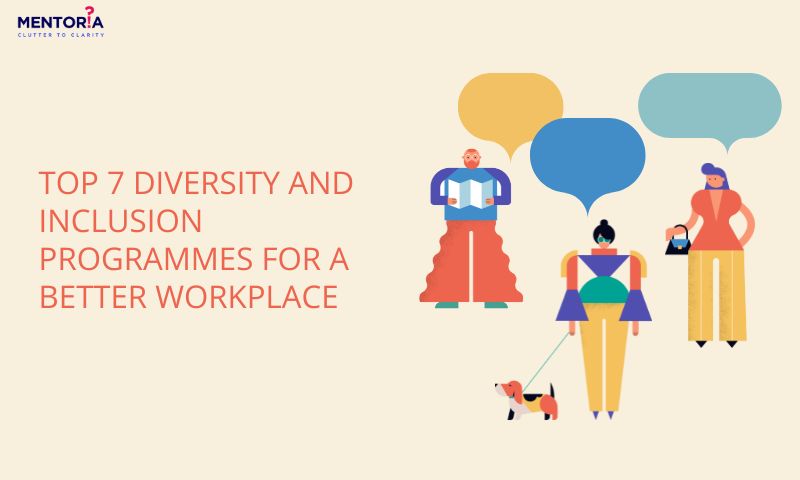Green Skills 101: A Strategic Guide For Company Growth
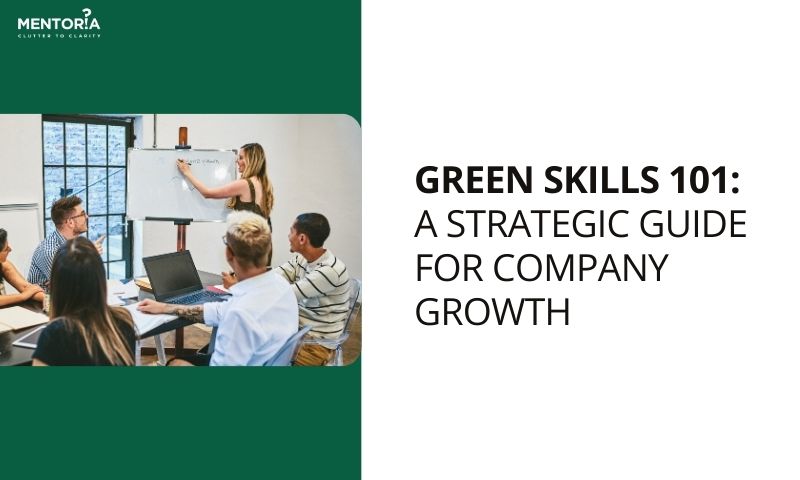
In a world where climate change is a hot topic and environmental responsibility is more than just a buzzword, mastering green skills has never been more crucial. And guess what? It’s not just about planting trees or recycling office paper anymore. It’s about transforming your entire business landscape and making it future-ready. If you’re wondering why or how companies should invest in future-forward learning frameworks to master green skills, you’re in the right place.
You see, the business world is evolving, and it’s not just the giant corporations that need to adapt. Small and medium-sized enterprises, startups, and all the players in between are realising that sustainability isn’t a sideline gig; it’s a game-changer.
The truth is, investing in green skills isn’t just an ethical choice anymore; it’s a strategic one. Companies that embrace sustainability and eco-conscious practices are future-proofing themselves, reducing costs, increasing efficiency, and opening doors to new markets and opportunities. In this rapidly changing world, green skills are the tools you need in your business arsenal to navigate a future that’s environmentally aware, socially responsible, and economically rewarding.
So, in this guide, we’re going to explore why it’s not just a good idea but a vital necessity for companies to invest in future-forward learning frameworks, and how it can set you on a path toward mastering green skills. Whether you’re a seasoned CEO or an up-and-coming entrepreneur, the world of sustainable business practices is ready to welcome you. It’s time to get your green skills groove on!
Why Green Skills Matter More Than Ever
Before we leap into why companies should invest in future-forward learning frameworks, let’s understand why green skills are worth the spotlight.
- Sustainability is Not a Buzzword: Sustainability is more than a trendy term; it’s a necessity. With climate change knocking at our door and resource depletion on the horizon, it’s imperative for businesses to adopt eco-friendly practices.
- A Global Responsibility: Climate change knows no boundaries. Companies across the globe are called to action to reduce their environmental footprint. Green skills are essential in the collective effort to protect our planet.
- Market Demand: Consumers today are more eco-conscious than ever. They prefer to support businesses that demonstrate a commitment to sustainability. Green skills empower your workforce to meet these growing demands.
- Cost Savings: Going green doesn’t just benefit the environment; it’s good for your bottom line. Efficient resource management and sustainable practices can lead to substantial cost savings.
The Game-Changer: Future-Forward Learning Frameworks
So, we’ve established that green skills are vital, but how do we equip our teams with these skills effectively? That’s where future-forward learning frameworks come into play. These are not your ordinary training programs. They’re dynamic, forward-thinking, and custom-tailored to meet the unique needs of your organisation. Here’s why they’re the game-changer you’ve been waiting for:
- Personalised Learning: One size does not fit all. Future-forward learning frameworks are designed to adapt to individual learner needs. No more generic training sessions that leave some employees bored and others overwhelmed.
- Interactive and Engaging: Traditional lectures and PowerPoint presentations have their limits. Future-forward frameworks use interactive tools like simulations, gamification, and virtual reality to keep learners engaged and excited about acquiring new skills.
- Anywhere, Anytime Learning: The days of mandatory classroom sessions are gone. Future-forward learning is accessible online, allowing employees to learn at their own pace, whether they’re in the office, at home, or on the go.
- Continuous Learning Culture: These frameworks foster a culture of continuous learning. Rather than one-off workshops, they encourage ongoing skill development and growth, making them ideal for acquiring green skills in an evolving landscape.
The Less-Known Benefits
Now, let’s uncover some of the lesser-known perks of investing in future-forward learning for green skills:
- Reduced Employee Turnover: Providing opportunities for continuous learning through future-forward frameworks can increase employee satisfaction and reduce turnover. When employees see their company investing in their growth, they’re more likely to stay.
- Enhanced Problem-Solving: Future-forward learning often includes critical thinking and problem-solving components. These skills are invaluable when it comes to finding innovative, eco-friendly solutions for business challenges.
- Stronger Team Collaboration: Collaborative learning experiences within future-forward frameworks can strengthen team bonds. A united team is more likely to work together to implement sustainable practices.
- Compliance and Reporting Made Easier: Regulatory requirements for environmental practices can be complex. Future-forward learning frameworks can help ensure that your workforce is knowledgeable and compliant.
Real-World Success Stories
Let’s get down to the nitty-gritty with some real-world examples of how companies have reaped the benefits of investing in future-forward learning for green skills.
- Siemens: This global powerhouse implemented a comprehensive sustainability training program using a future-forward framework. It resulted in reduced energy consumption and waste across their various sites, saving them millions.
- Unilever: Unilever, a consumer goods giant, used interactive e-learning modules to educate their employees about sustainability. This led to a 300% improvement in waste management practices and a 50% reduction in water usage.
- Walmart: Walmart recognised the importance of training its associates in green skills. The retail giant invested in VR-based training modules, allowing employees to practise sustainable decision-making scenarios. As a result, they saw a substantial decrease in energy consumption and waste generation across their stores.
- IBM: IBM implemented an AI-driven learning platform that personalised training programs for their employees. This allowed them to develop a workforce well-versed in green technologies and practices. IBM’s commitment to green skills has not only benefited the environment but also boosted their reputation and market share.
Creating Your Green Learning Strategy
So, how can you create your green learning strategy using future-forward frameworks? Here are some steps to guide you:
- Assessment: Start by assessing your organisation’s current green skill gaps. What areas need improvement? Where can sustainable practices be implemented?
- Goal Setting: Set clear objectives for your green learning program. What specific skills do you want your employees to acquire? How will these skills benefit your organisation and the environment?
- Choose the Right Framework: Select a future-forward learning framework that aligns with your goals and can be customised to your needs. Consider factors like accessibility, interactivity, and scalability.
- Engage Your Workforce: Communicate the importance of green skills and involve your employees in the planning process. Their input can be invaluable in tailoring the program to their needs and expectations.
- Continuous Evaluation: Don’t stop at implementation. Regularly evaluate the effectiveness of your green learning program and make adjustments as needed. Keep it dynamic and responsive to changing needs.
Mentoria – Your Partner In Green Skill Mastery
If you’re a company looking to embark on this transformative journey or an individual seeking guidance to master green skills, Mentoria is your trusted ally. With a wealth of experience and a focus on sustainability, we provide tailor-made solutions that bridge the gap between ambition and accomplishment. Our expert advisors can help you identify your specific green skill needs and chart a roadmap for success.
So, companies, it’s time to set sail on this green journey. Invest in learning frameworks that prioritise sustainability, cultivate green skills, and watch your organisation thrive in a greener, more responsible world.




